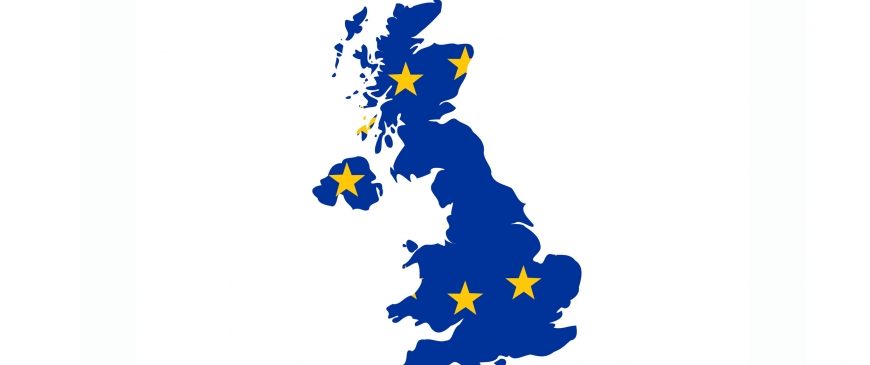
The EU wouldn’t be better off without the UK, but won’t pay any price to keep it
There is a little truth in all these criticisms, but not much. First, the British will never be federalist, but nor are the many other member states that hide behind the UK when it opposes more power for EU institutions. Second, the City of London has been guilty of sharp practice and of creating harmful products, but there’s nothing uniquely awful about the British financial system. Leading French, German, Italian and Spanish banks have all done dodgy things – such as investing in subprime loans and buying Greek government debt – and have needed bail-outs. Third, Tony Blair made mistakes on foreign policy, but so did other European leaders: More than half the EU’s member states backed the US-led invasion of Iraq in 2003.
In at least five ways, a Brexit would damage the EU. In the first place,Europe’s potential to play a significant role in foreign and defence policy would be diminished, for the UK’s diplomatic service and its armed forces are second to none in the EU. Let’s not forget that Tony Blair, along with France’s Jacques Chirac invented today’s EU defence policy in 1998. The current British government has dragged its feet over strengthening the EU’s defence role, but in more benign circumstances the UK could once again lead in this area. Even the present British government has at times played a constructive role in EU foreign policy; during the Iran nuclear talks for example. Seen from beyond Europe, an EU without the British – with one of Europe’s two permanent seats on the UN Security Council – would be the weaker.
An #EU without the British – with 1 of Europe’s 2 permanent seats on the #UNSC – would be the weaker
Second, the British are the greatest champions in the EU of market economics. It was a British commissioner, Arthur Cockfield, who worked with Jacques Delors to create the single market. And the British also contributed to the Lisbon agenda for economic reform, promoted the concept of ‘unbundling’(separating supply from networks) that has shaped EU energy and transport markets, and now are pushing to liberalise services. The UK champions free trade agreements with other parts of the globe, and without it, the EU would be more protectionist, both internally and to the outside world.
The third point is that a British departure would weaken the transatlantic bond. General de Gaulle once observed that the UK was America’s Trojan horse in Europe, and he was right that the US has long relied on the British to nudge other Europeans towards more robust foreign policies, market economics and closer co-operation with Washington. In recent years, Washington has focused more on Germany, because of its growing pre-eminence in Europe. But significant co-operation on defence and intelligence still exists between the UK and the US, as well as innumerable economic,social and cultural ties. A British exit would leave America and the EU much less able to understand each other and so more likely to drift apart.
Fourth, the UK has had a positive impact on the EU’s justice and home affairs policy – despite having opted out of large parts of it. Europol under its current (British) boss Rob Wainwright, has become a more competent and effective organisation, leading pan-European efforts to bust organised crime networks. The UK provides more material to Europol than any other member state and it has been British officials who have done much to drive EU co-operation on counter-terrorism.
Fifth and last, many EU capitals find the prospect of a Brexit scary because of the German question. The ‘big three’ of Britain, France and Germany have long balanced each other, and prevented any one of them from becoming too dominant. But in recent years Germany, because of its economic strength during the euro crisis, the declining influence of France, the UK’s introspection and – most recently – the major role that Berlin has played in the Ukraine crisis, has emerged as the EU’s unquestioned leader. A Brexit would make German hegemony even more pronounced – worrying not only the French, the Italians and many smaller countries, but also the Germans themselves.
Many key policymakers in Berlin do not want to depend on Paris as their only possible partner in leading the EU. Although they look increasingly to Warsaw as an important ally, they want the British to balance the other leading countries. As to the other member states, most think the EU would be worse off without the UK, but that a Brexit would not be catastrophic. The British government should not ask for too much as the price for staying in, or it will be disappointed.
Charles Grant is director of the Centre for European Reform.
